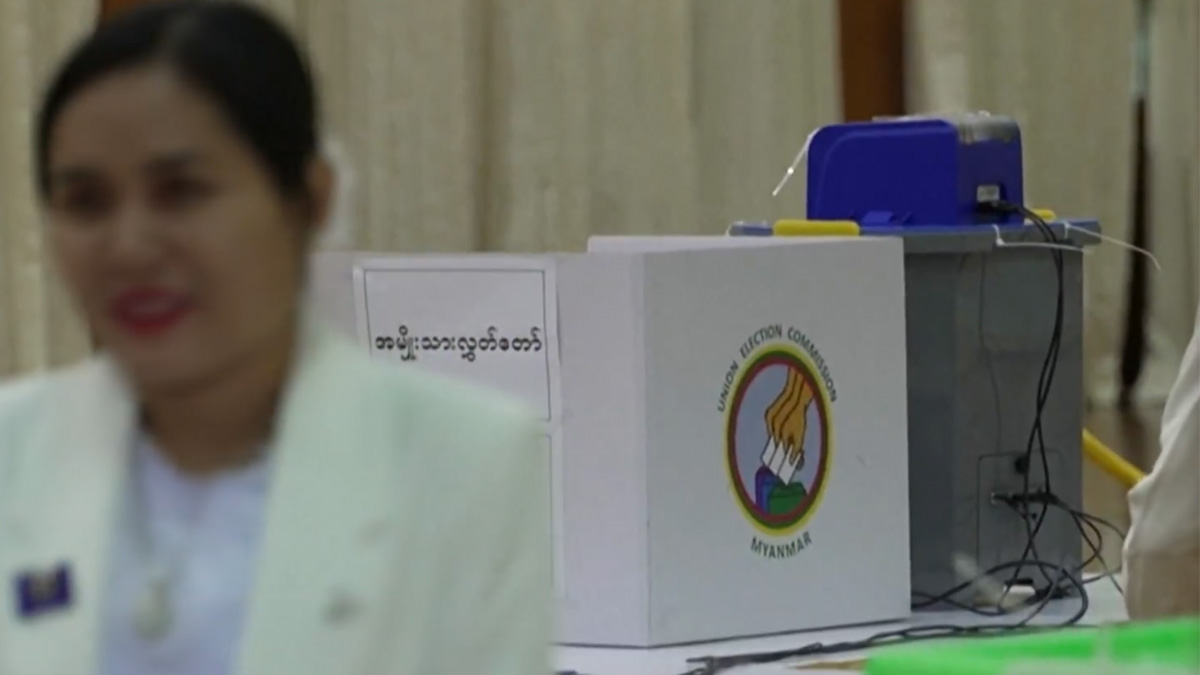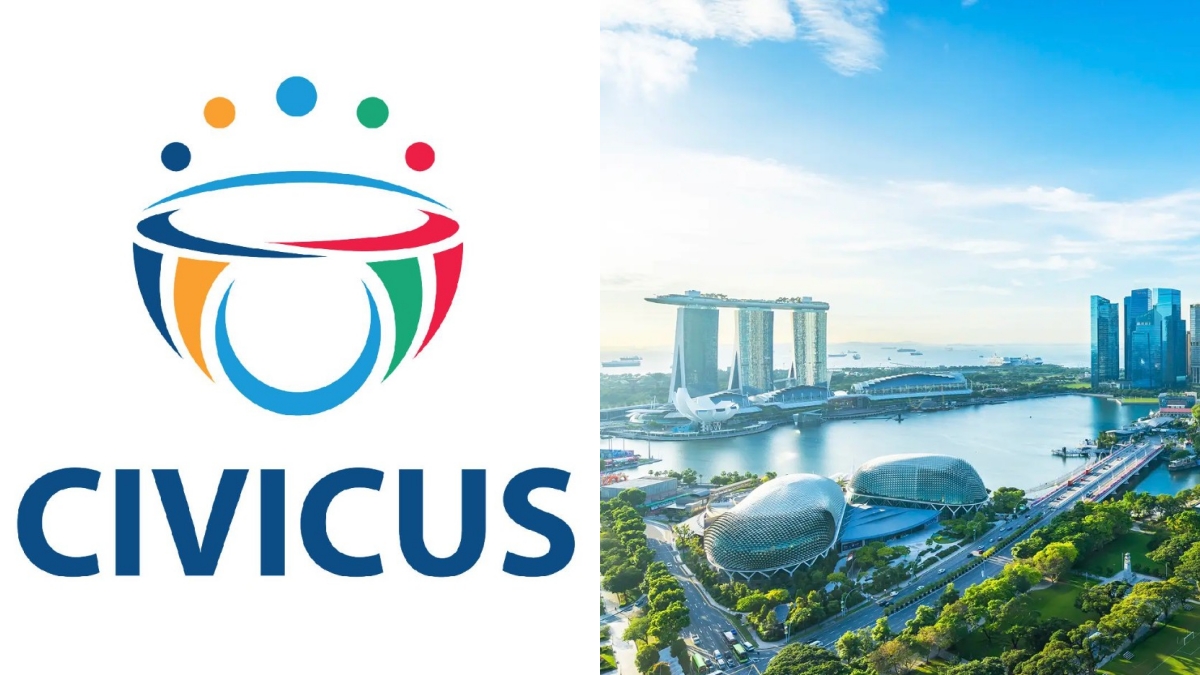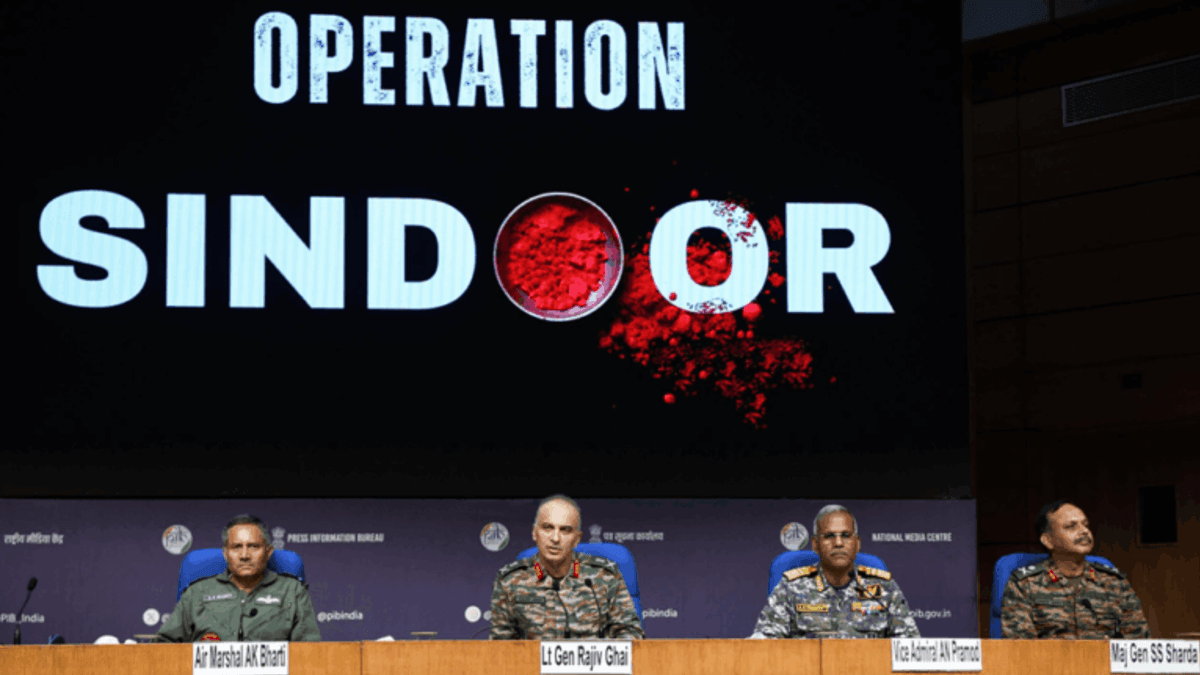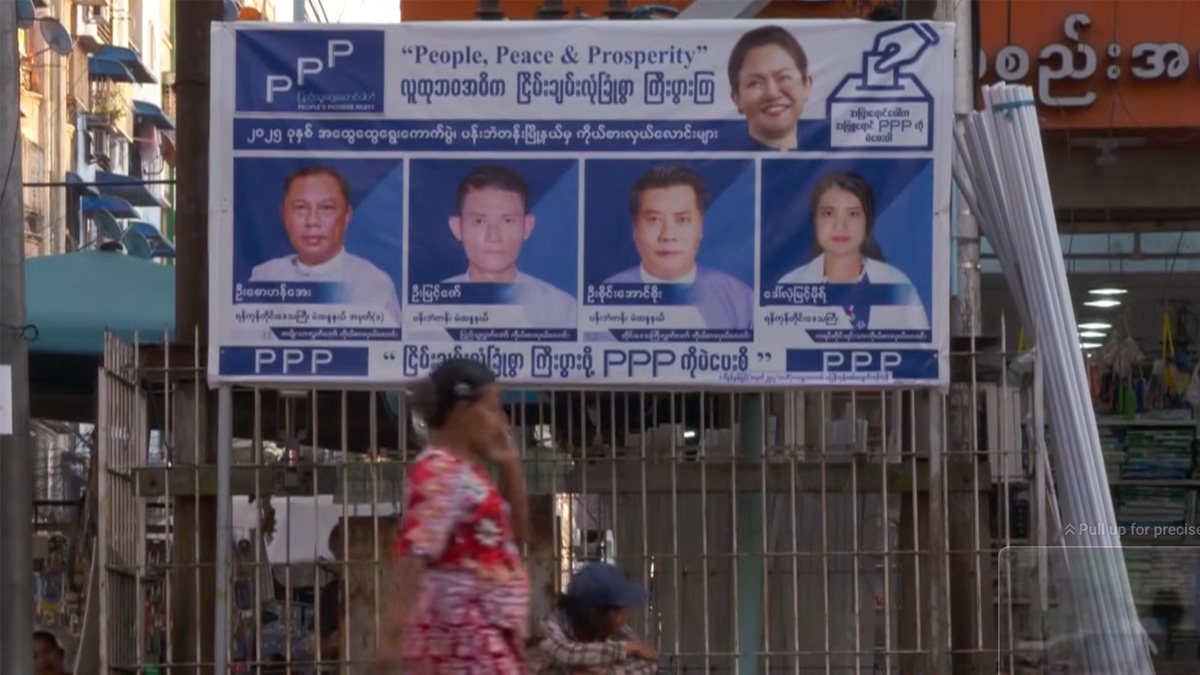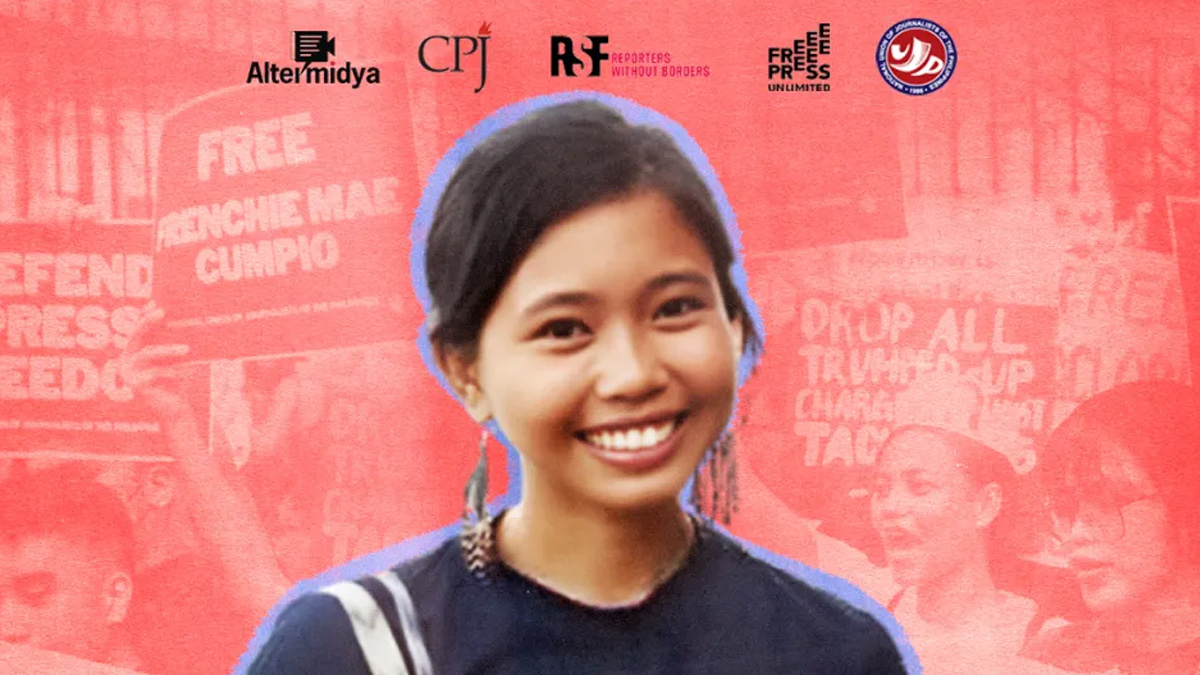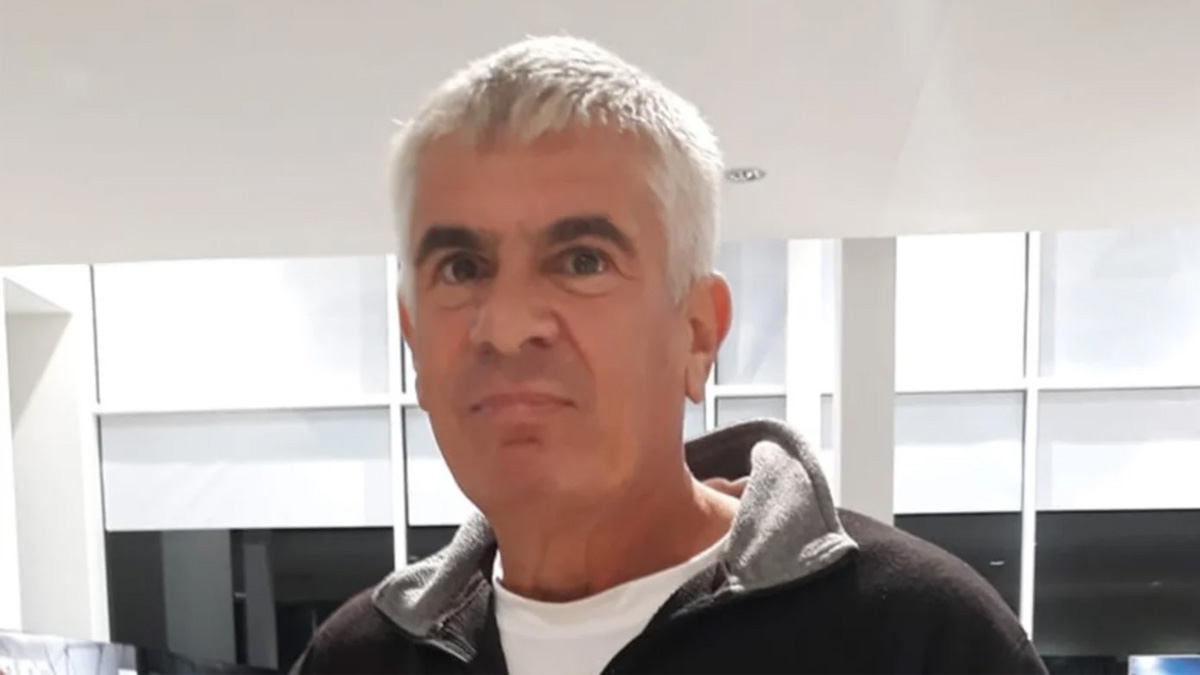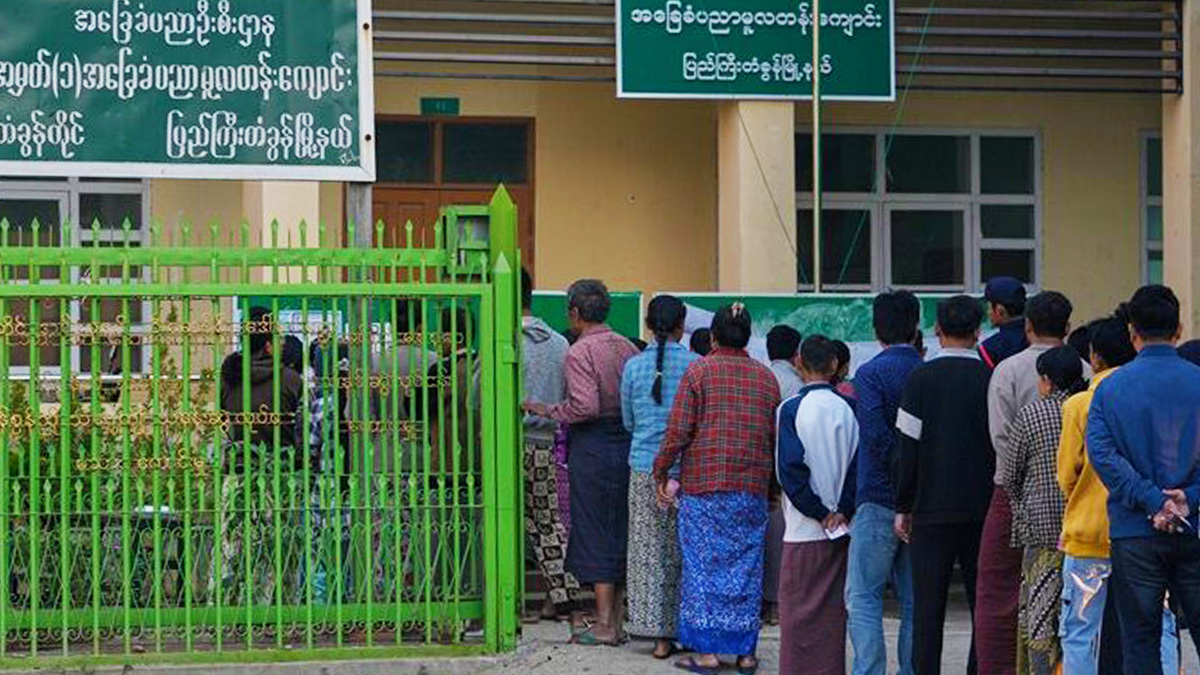Civil society hails acquittal of Palestine solidarity activists, calls for reform of protest law
Human rights groups FORUM-ASIA and CIVICUS welcomed the acquittal of three activists charged under Singapore’s protest law for a Palestine solidarity walk, calling it a step forward and renewing calls to repeal the Public Order Act.
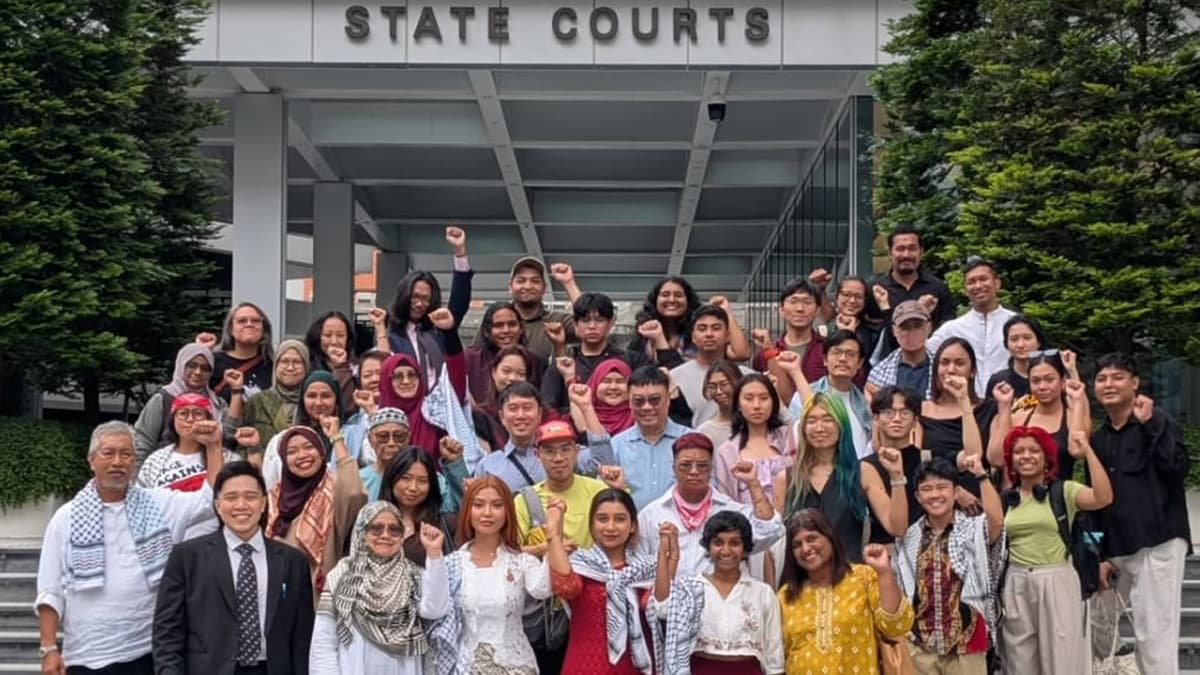
Human rights organisations have welcomed the acquittal of three women activists who were charged under Singapore’s Public Order Act 2009 for organising a peaceful Palestine solidarity walk, calling the court decision a step forward for civic freedoms.
In a joint statement issued on 24 October 2025, the Asian Forum for Human Rights and Development (FORUM-ASIA) and CIVICUS: World Alliance for Citizen Participation praised the ruling and reiterated their call to repeal or amend the law.
“Civil society welcomes the acquittal of Asrori, Annamalai, and Nahar. They were merely exercising their freedoms of expression and peaceful assembly,” said Mary Aileen Diez-Bacalso, Executive Director of FORUM-ASIA.
Josef Benedict of CIVICUS added, “While the court’s decision is positive, it is not a change in policy. The government must now take urgent steps to repeal or review the draconian Public Order Act.”
Both organisations had previously submitted a joint report to the United Nations Human Rights Council for Singapore’s 52nd Universal Periodic Review (UPR), specifically criticising the Public Order Act.
The report noted that the law had been consistently used to restrict peaceful assemblies, impose criminal penalties on protesters, and deter public participation in civic life .
The Human Rights Foundation (HRF) also raised similar concerns in its October 2025 UPR submission.
HRF called for the repeal or substantial revision of the Public Order Act, stating that the law criminalises peaceful protest and violates rights guaranteed under Article 14 of Singapore’s Constitution. It further noted that Singapore’s legal framework is out of step with international human rights standards, particularly in its treatment of activists and public dissent.
Background to the case
On 2 February 2024, approximately 70 people gathered outside Plaza Singapura mall and marched peacefully towards the Istana, carrying umbrellas bearing watermelon motifs — a recognised symbol of Palestinian solidarity.
The event, part of the “Letters for Palestine” initiative, aimed to deliver 140 letters to then Prime Minister Lee Hsien Loong. The letters called for Singapore to reassess its relationship with Israel amid the ongoing conflict in Gaza.
Despite the peaceful nature of the procession, three women — Mossammad Sobikun Nahar, 26; Siti Amirah Mohamed Asrori, 30; and Kokila Annamalai, 37 — were charged in June 2024 with organising a procession without a permit in a prohibited area, under section 15(1) of the Public Order Act.
Their trial commenced on 18 September 2025.
Court rules women did not know they were in a restricted zone
On 21 October 2025, District Judge John Ng acquitted all three women, finding that they could not have reasonably known that the walkway outside the Istana was a restricted area.
While the judge found that Sobikun and Asrori had organised the walk and that Annamalai had assisted, he ruled that the prosecution failed to prove the women knew — or ought to have known — the route was within a prohibited zone.
He emphasised the lack of visible signage or barriers to indicate the area was off-limits, and noted that similar events had taken place before along the same route.
“It was clear from the evidence that the three were trying their level best not to run afoul of the law,” Judge Ng said. “Contrary to their best thinking, the walk amounted to a procession.”
He concluded, “An acquittal of the three persons is in order,” prompting applause in the courtroom.
Police witness confirms peaceful conduct
A commanding officer from the Istana Security Unit testified during the trial that the procession was peaceful and did not warrant intervention.
He stated that although he had the authority to disperse the group or make arrests, he chose not to do so as participants were cooperative. He also referenced a similar event held on 11 January 2024, during which no legal action was taken.
Defence counsel Uthayasurian Sidambaram argued there were no warnings or signs indicating the area was restricted. He also highlighted that there was no alternative pedestrian route between the start point and the Istana’s rear gate.
In response to media queries over the acquittal, the Attorney-General’s Chambers stated, 'The prosecution will be filing a notice of appeal in relation to the court’s decision to acquit the accused persons.
Legal framework under scrutiny
Singapore’s Public Order Act mandates police permits for any public gathering, including solo protests. The only location exempt is the Speakers’ Corner at Hong Lim Park, where restrictions have increased in recent years.
In October 2023, authorities banned all public events linked to the Israel–Palestine conflict, citing safety concerns, and later rejected five applications to use the Speakers’ Corner.
Under the Public Order Regulations, permit applications must be submitted at least 14 days in advance. Penalties for violations include fines of up to S$20,000 (approx. US$15,540), up to one year of imprisonment, or both.
Human rights organisations have repeatedly called for the permit system to be replaced with a notification model, consistent with international norms on peaceful assembly.


